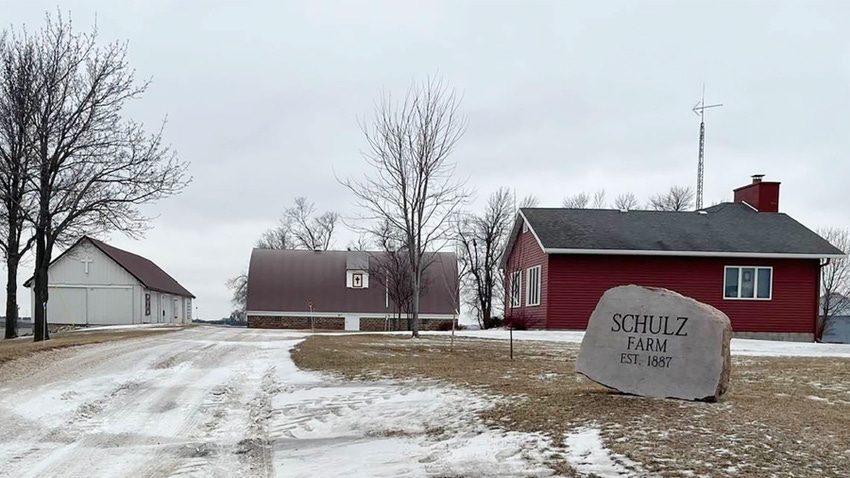
Reaching the ripe old age of 100 is an accomplishment.
According to an article from the Pew Research Center, an estimated 101,000 Americans are 100 years or older, or 0.03% of the population, but that number is projected to grow to about 422,000 by 2054.
Newspapers occasionally publish business honor rolls, recognizing local businesses for their longevity.
Every year since 1976, the Minnesota State Fair, in conjunction with the Minnesota Farm Bureau, has recognized farms and farm families with an honor roll of Century Farms. These farms and the families behind them have endured the ups and downs of the cyclical nature of today’s agriculture to survive and hopefully thrive.
Since the origin of the program, more than 11,000 Century Farms have been recognized in Minnesota. It would be interesting to see a list of families who have reached quasquicentennial (125 years) farm status or more. It would also be interesting to see how many of those 11,000 Century Farms are still in the family today.
To qualify as a Century Farm, the farm must be:
at least 100 years old according to authentic land records
in continuous family ownership for at least 100 years (continuous residence on the farm is not required)
at least 50 acres
currently involved in agricultural production
Solid foundation
My family’s farm has the honor of being a Century Farm, as my great-great-grandparents Johann and Augusta Schulz brought their family from Germany to settle in Minnesota in 1887. The original home farm, where my brother raised his family, is still in the family name. For the last few years, the land has been rented out, but it still raises some of the best corn and soybeans around.
To celebrate our family’s farming heritage, in 1987, we held a two-day event on the home farm. Also, to honor its longevity, my mother painted the farm timeline on a 4-by-8-foot sheet of plywood that greeted visitors as they pulled in the drive.
Age and the elements caught up with the sign, and my brother decided it best to take it down, with the intention of replacing it with something more durable. Well, that something durable came as a gift from the ground.
While working the ground the last couple of years, the farmer-renter found a large rock, which I’d actually call a boulder. That rock/boulder had split, and half of it now sits at the end of the driveway, as you see in the photo above.
Though the land is no longer worked by blood, we still take a lot of pride in the Schulz farm and the history that it represents. I never knew my great-great-grandparents or great-grandparents, but I know all the hard work that my grandparents, parents, and brother and I put in to enable the farm to succeed through the decades.
It is comforting to know that the decision to no longer work the ground ourselves was a personal choice by my brother and dad, and not a decision forced by a lender.
The foundation built by the previous generations has endured, as it has for so many other family farms across the heartland. Sure, there have been struggles, but farmers endure. As we celebrate National Ag Day on March 19, let’s honor those who have come before and encourage those yet to follow.
Even if your family farm may not qualify for a Century Farm plaque, celebrate that the farm is still in your family name. Maybe it’s your turn to start a legacy.
Comments? Send email to [email protected].
About the Author(s)
You May Also Like






